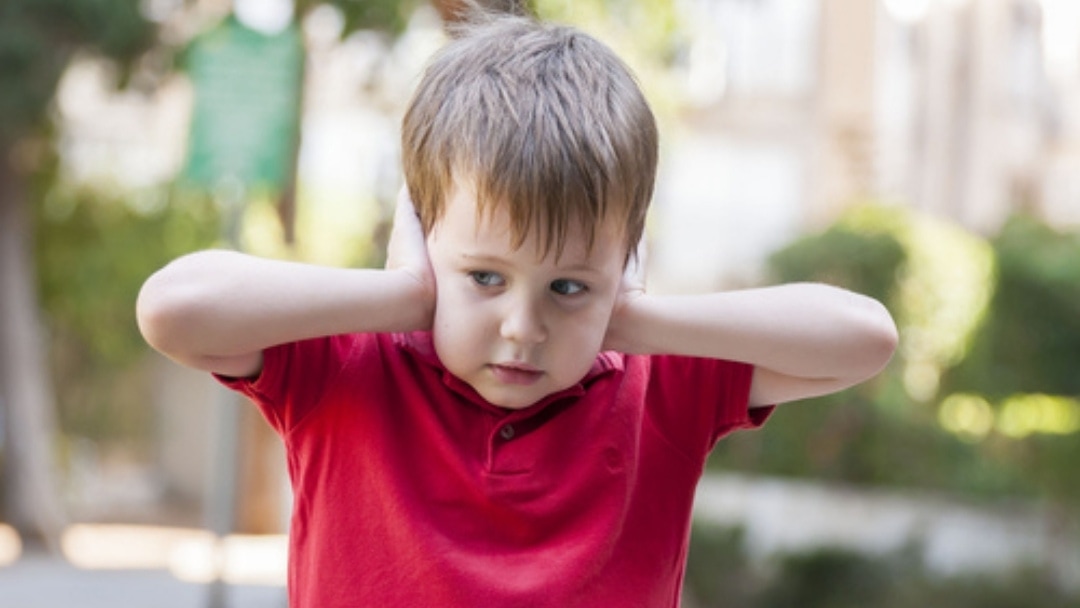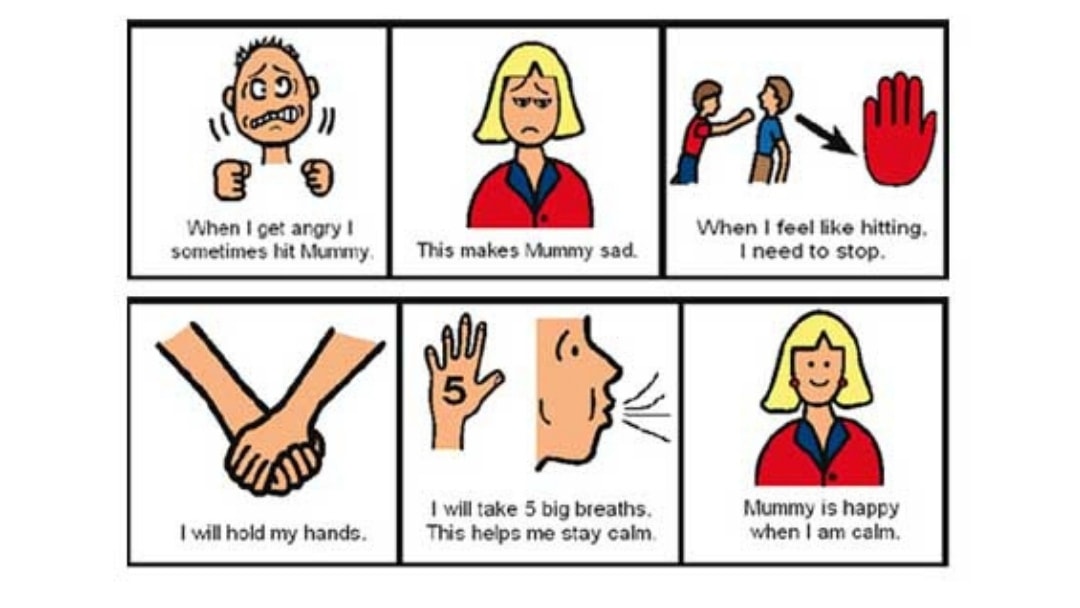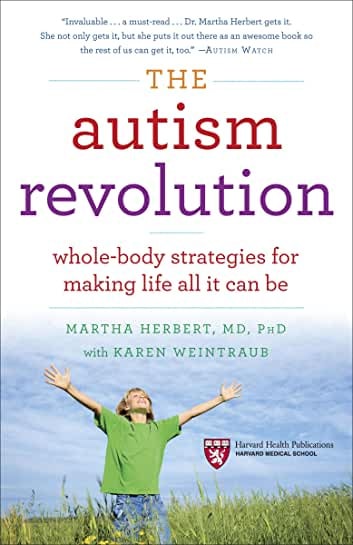Teresa Badillo discusses what happens when your child with autism ages out of the school system and post-secondary-school options.
Post-Secondary Options for Children with Autism That Age out of the School System
One of the most challenging times for autism parents is when their child becomes a young adult at 22 years of age and is no longer under the school district’s extended options for disabilities. This is called aging out of the school system. At this point, these young adults are now faced with a future with limited options.
David L. Holmes, EdD, summed up the reality for parents in his now-famous article: “When the School Bus Stops Coming”.
Peter Gerhardt, EdD laid it all out very candidly: “The potential for an adult with autism to be employed, socially included, and happy is, in most cases, limited more by the lack of imagination on our part (rather) than any individual skill deficit.” He outlines what the possible successful outcomes and expectations for a young adult with autism are today:
- Not just employable but employed up to at least 20 hours a week.
- Not only having social skills and life skills necessary for independence but also having a social support network that is centered around where they live, work and spend leisure time.
- Not just being able to follow directions but also being able to initiate action on their own accord when necessary.
- Not just under parental “micro-managing” but having the ability to acquire control over their environment and to manage their own behavior.
Therefore, as parents, we need to be innovative and creative thinkers by thinking outside of the box in order to achieve successful outcomes for our adult children with autism. For example: The question that needs to be asked is, if your child was left on their own accord to take care of him or herself or if their needs or situation changes, would they reach out for help?
As Dr. Gerhardt says, we have to ask ourselves if the answer to this question is the result of the diagnosis of autism or the result of never having been taught the necessary life skills to be able to function independently? We want our children to be able to function independently on their own so they can carry these skills over to any capacity whether it’s working at a job, living with others in an independent living situation and/or functioning in their community.
What Are the Necessary Life Skills?
Necessary life skills for an adult with autism include:
- Effective communication skills, both verbal and non-verbal
- Daily living skills
- Community awareness
- Time management
- Organizational skills
- Problem solving
- Social thinking, including social skills and pragmatic language
- Self-determination
- Self-awareness
- Self-advocacy training
- Workplace readiness
- Work/study skills
- Home management skills
- Self-care skills
- Social relationship building
- Housing and personal finance management skills
- Career-planning skills
- Community navigation skills
- Community-based instruction
- Work-life skills
- The ability to merge all of the above
We need to teach these life skills to enable our young adults to have the following MEASURABLE outcome strategies:
- Function as independently as possible
- Have satisfying social relationships
- Prepare to live and work in the community
- Have the skill set leading to a productive, meaningful life
Life skills also include:
- Theory of Mind, which is the ability to recognize other people’s feelings and emotions and act appropriately
- Ability to read body language and visual cues of others
- Executive-functioning skills which are the ability to plan and organize, utilize feedback, suppress stimuli and respond appropriately
- Recognizing and coping with emotions
- Stress and anxiety reduction
- Soft skills, which are the skills needed (apart from specific job related) to get a job, KEEP the job. and become a good employee
Changing Our Way of Thinking
Autism is a spectrum disorder which means that your child can be anywhere on this spectrum. A very common way of thinking about a child or adult with autism is that they are either high or low functioning. It can be very misleading to ascribe abilities to an individual based on where he or she is on the spectrum. There are many high-functioning children or adults with autism who have great academic skills but struggle to socialize, cannot communicate effectively and live life on the sidelines.
In reality all children with autism have different skillsets and different splinter skills. Therefore, we can’t make any assumptions about what we think a child or adult can or cannot do until we try to create an opportunity for them to function independently.
If you want to test your child’s ability or aptitude, test for strengths and weaknesses, not for IQ.
Young adults with autism all have “splinter skills” wherever they may be on the spectrum. Great academic ability does not necessarily mean having effective life skills, but having effective life skills can make all the difference in the world in being able to achieve a functional level of independence.
After all is said and done, independence is the attainable life goal we want for our young adults with autism, whether it is employment, living arrangements or day-to-day functioning in the community. While academics are important, without life-skills training, the unemployment rate, the college rejection rate, and the poverty level for individuals on the spectrum will not improve.
How to Achieve Employment
Vocational Rehabilitation
High schools in every state will provide an opportunity for Vocational Rehabilitation (VR) to do an assessment on exceptional students to help them find employment and then maintain that employment after they have aged out of the school district.
The difficulty for many students with autism is the assessment by VR. The assessment is designed for neurotypical students and therefore, many students with autism are unable to be accepted by VR to qualify for employment.
The Discovery Process
However, in some states VR is accepting a different process of assessment called “discovery” which is a much more comprehensive and all-encompassing process for students with autism who have been unable to be successful with the traditional VR assessment. Discovery is a great way to learn what your young adult’s potential maybe in employable skills. See the Resources section below for more information.
Microenterprises
Microenterprises are founded by parents who create small businesses so that their unemployed adult children with disabilities can have employment. See the Resources section below for more information.
Financial Assistance
Start-up funding for small businesses of disabled entrepreneurs is available and attainable. See the Resources section below for more information.
Wherever your young adult may be, transitioning into adulthood should be a process that includes quality of life, competency and dignity.
About Teresa Badillo
Teresa Badillo received her Honors Bachelor degree from the University of Toronto in 1977.
In the 1980s she worked overseas in Rome, Italy at the Japanese Embassy in the office of the United Nations (FAO) as a speech writer. She also began her long journey in alternative healing while living in Rome.
After moving to New York and while raising her family of seven children, Teresa embarked on a mission to find alternative non-invasive biomedical, therapeutic, sensory and educational solutions for autism after the diagnosis of her son in the early 1990s.

She won a court case in 1995 against the Rockland County School District in New York to enable ARC Prime Time for Kids to be the first school using Applied Behavioral Analysis teaching method for autism that was paid for by the Rockland County School District. The following year she was instrumental in getting the New York Minister of Education to approve an extension of the ARC license from 5 to 21 years.
She has worked over the years in a number of alternative medical practices with doctors and practitioners organizing various biomedical intervention options for children with autism. Since the mid 1990s, Teresa has served on several boards:
- Foundation for Children with Developmental Disabilities
- The Autoimmunity Project
- Developmental Delayed Resources
- Epidemic Answers
She continues to consult and advise parents on all different areas of autism especially nutritional protocols. Since 2006 she has worked with NutraOrgana, LLC and BioCellular Analysis Testing. She currently researches, writes the newsletter and blogs Teresa’s Corner for The Autism Exchange (AEX) as well as for Epidemic Answers.
Still Looking for Answers?
Visit the Epidemic Answers Practitioner Directory to find a practitioner near you.
Join us inside our online membership community for parents, Healing Together, where you’ll find even more healing resources, expert guidance, and a community to support you every step of your child’s healing journey.
Resources
Discovery Process
Florida Center for Inclusive Communities
University of Montana: Using Discovery and the Vocational Profile Strategy
Financial Assistance
Employer Assistance and Resource Network on Disability Inclusion: “Employer Financial Incentives”
Entrepreneur: “The Best Funding Resources for Disabled Entrepreneurs”
Fundera by NerdWallet: “Business Loans for People With Disabilities: The 8 Best Options”
Hire Abilities Hawai’i: “Self Employment”
New York State Education Department, Adult Career & Continuing Ed Services: “Self Employment”
Microenterprises
Woman’s Day: “We Started a Business So Our Special Needs Child Could Know Independence”
Easter Seals: “Employment and Job Training for People with Disabilities”




